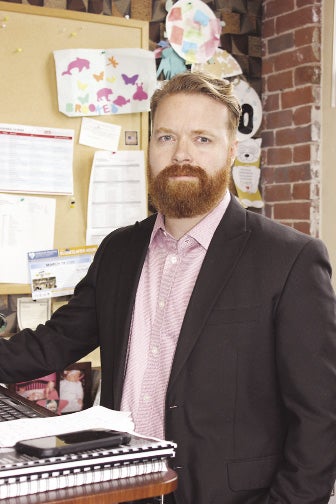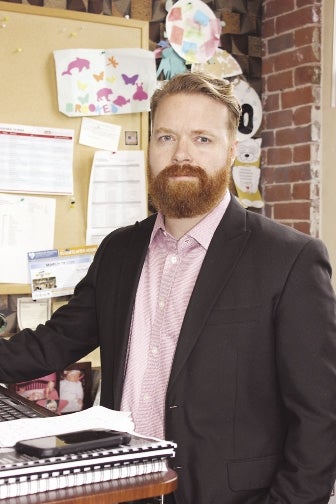When the news of the Supreme Court’s decision broke, we in the WBJ newsroom wrote it up for WBJournal.com. Even though we pride ourselves in being intensely focused on local business news, the decision was too massive for us not to mention it.
Get Instant Access to This Article
Subscribe to Worcester Business Journal and get immediate access to all of our subscriber-only content and much more.
- Critical Central Massachusetts business news updated daily.
- Immediate access to all subscriber-only content on our website.
- Bi-weekly print or digital editions of our award-winning publication.
- Special bonus issues like the WBJ Book of Lists.
- Exclusive ticket prize draws for our in-person events.
Click here to purchase a paywall bypass link for this article.
Affirmative action has been part of American life for 60 years. The U.S. Supreme Court’s decision in June to effectively end its use in college admissions was a seismic shift, not only for the higher education industry but for society as a whole, with ramifications expected to play out over decades.

When the news of the Supreme Court’s decision broke, we in the WBJ newsroom wrote it up for WBJournal.com. Even though we pride ourselves in being intensely focused on local business news, the decision was too massive for us not to mention it. Beyond simply writing up that news, though, we wanted to examine how the end of affirmative action in college admissions would impact our local economy. Since this edition was our first regular issue since the Supreme Court’s decision and we had been planning on focusing on higher education anyway, we decided to include our analysis in this issue.
The problem we faced, though, was practically every other media outlet in the country has been covering this news for nearly a month. We wanted to bring fresh perspective and move beyond the simple “Here’s what local colleges are saying” reaction story. To accomplish this, Staff Writer Isabel Tehan took the long view. A really long view. Her cover story Diversity denied: Affirmative action's removal from college admissions will impact corporate ladder focuses on the long-term impact on the workforce pipeline.
The basic premise Tehan started with was as college admissions become less diverse, particularly at elite universities, the bottom of the workforce ladder would become less diverse, and as that generation moved up the ranks, the applicant pool for managers, executives, and CEOs would have fewer Black and brown professionals. After concluding her research, she found her sources said this was one possibility, but it might not happen. The beginning of the workforce pipeline is expected to become less diverse in the immediate future, although that might not translate to the top of the corporate ladder. College graduates typically take about 20 years to reach the CEO level, and there’s plenty businesses can do in the meantime to make their workforces more diverse, particularly if they are committed to diversity, equity, and inclusion work.
The Supreme Court’s decision is nearly one month old now. Even though this news has been covered from multiple angles, WBJ is bringing you some fresh perspective in this edition.

